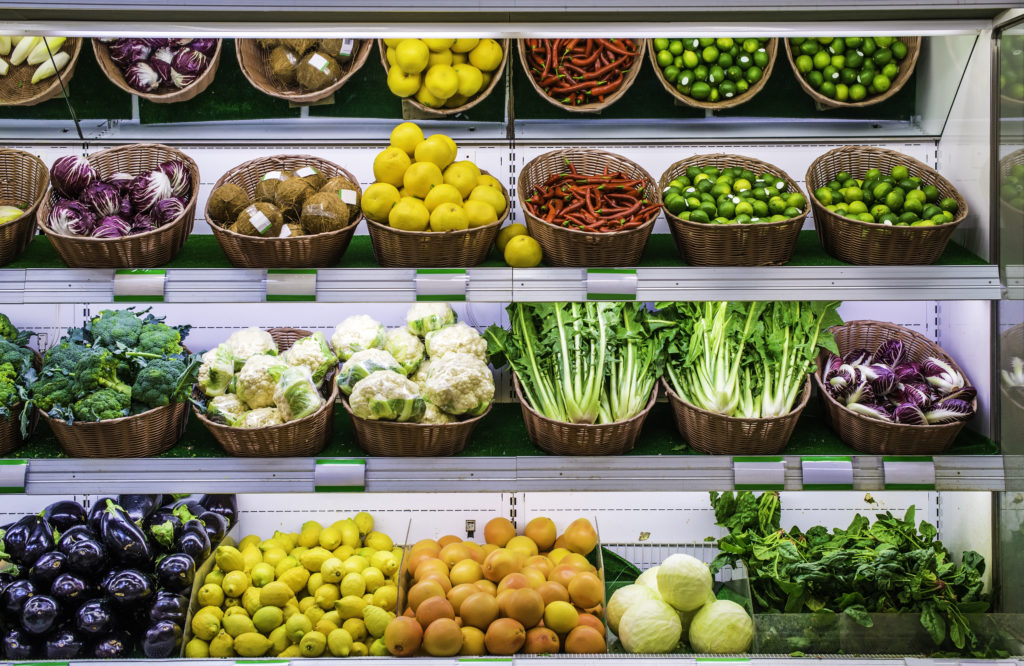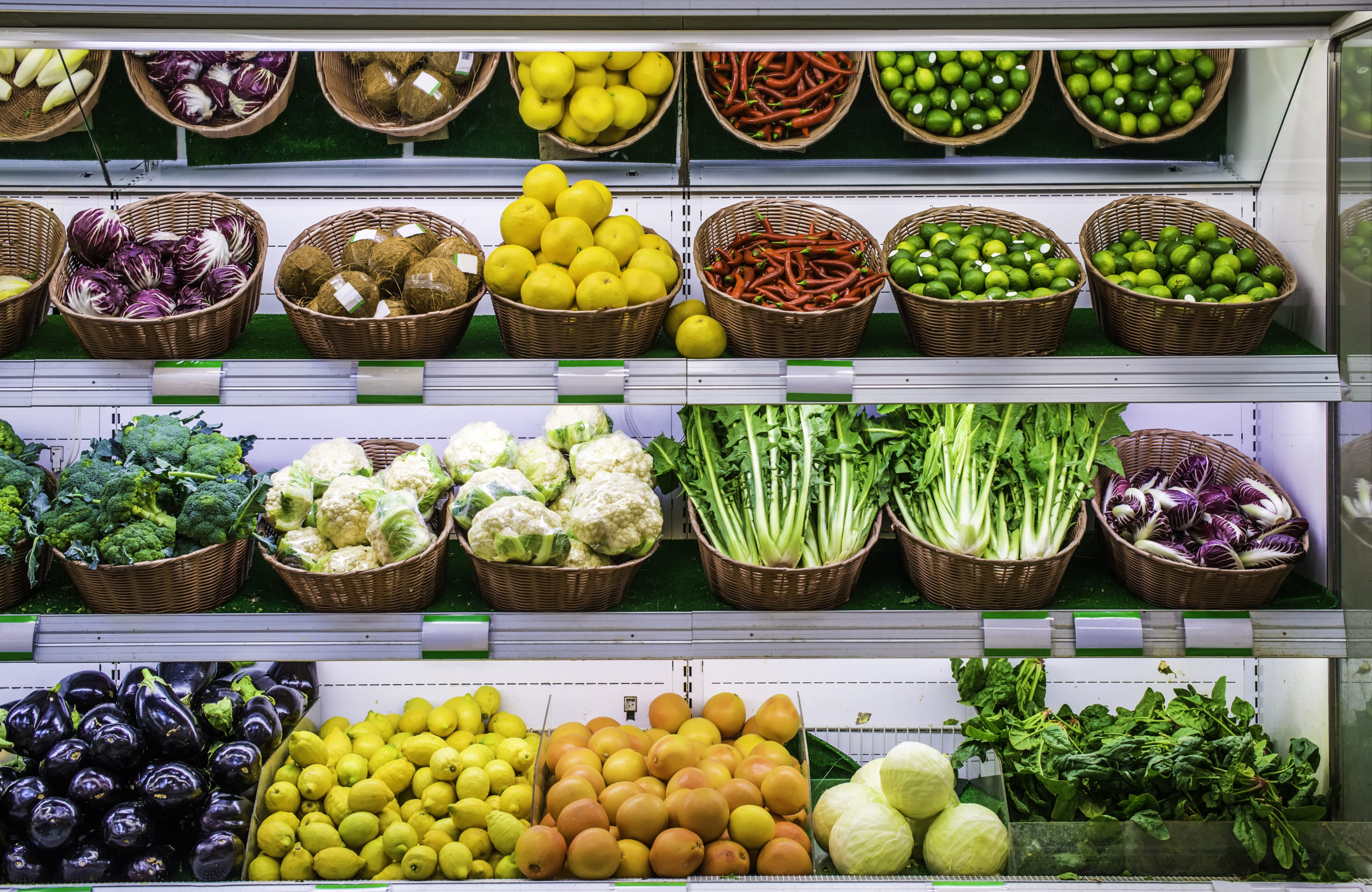
When my Dad’s cancer returned, 5 years after his initial diagnosis, we were all shocked. He went in for his last scan, at the 5 year mark, which should have resulted in him being declared “cured”. Instead, it was the news we feared the most…the cancer had returned.
Everyone who faces cancer, must also face the risk for recurrence. Although rates of recurrence vary widely depending on the type & stage of cancer; anywhere from 5 to 100%. In my Dad’s case his risk for recurrence of Non-Hodgkin’s Lymphoma was between 30-40%.
Once the shock began to clear the next logical question we had was WHY? Why did it come back? What happened?
His oncologist simply responded with “It happens sometimes…it’s just bad luck!”.
The first and most important thing I want you to know, right now, is that cancer is NOT from bad luck.
You can read more about why I think this is true here: Cancer Isn’t From Bad Luck: Your 3 Step Plan To Cancer Recovery.
Over the next few months we are going to be diving deep into the “Root Causes of Cancer”.
If you accept, as I do, that cancer isn’t from bad luck. Then what does cause cancer? And most importantly what steps can we take to lower our risk and ultimately lower the statistics for recurrence.
Today’s article will be the first in a series where we will explore this topic deeper. We will start with what I believe to be the most important factor…Your Diet!
The Connection Between Diet and Cancer
A poor diet is estimated to contribute to at least 30% of all cancers…actually, this is about the same impact that smoking has on cancer risk.
Choosing toxic foods is one reason for this contribution and why I recommend that your 1st step on the road to recovery is to remove these foods from your diet. If you haven’t yet, you can download your Free Guide Here: The 4 Most Toxic Foods To Avoid During Cancer Recovery.
But let’s look at some of the other reasons your diet is connected to your risk for cancer.
1. DNA Damage
Bruce Ames, PhD, a Senior Scientist at Children’s Hospital Oakland Research Institute (CHORI), director of their Nutrition & Metabolism Center, and a Professor Emeritus of Biochemistry and Molecular Biology at the University of California, Berkeley published research as far back as 1999 showing that nutrient deficiencies could cause cancer.
He suggested something known as the “Triage Theory”; which basically states that moderate deficiencies (<50% of the RDA) of vitamins and minerals cause changes that over time can create cancer and other chronic diseases. When there is a limited availability of nutrients, the body will favor functions that are needed for short-term survival at the expense of long-term health.
The Standard American Diet (or standard western diet) which is calorie rich but low in micronutrients forces the body to enter a “survival mode”. This evolved to keep us alive in the short-term but at the consequence of fixing potential long-term dangers such as damage to DNA and cells. Over time, this leads to a compromised immune system and an increased risk of developing cancer.
Nutrient deficiencies can be difficult to monitor without looking at blood levels in the body. Levels may not be low enough to cause an acute issue, like Rickets or Scurvy, and therefore are often overlooked in the western medical model.
Ames also showed that deficiencies of any of the following micronutrients (Folate, B12, B6, Niacin, C, E, Iron, or Zinc) will mimic radiation in it’s ability to damage DNA! These deficiencies caused breaks in the strands of DNA, oxidative lesions, or both.
And what’s most concerning to me, is that only a small fraction of the global population is actually adequate in all micronutrients.
You can read more here about Ames’s research here: 1, 2, 3
2. Harmful Gene Expression
Another reason nutrient deficiencies could cause cancer is that a number of nutritional compounds have epigenetic targets in cancer cells.
In case this is a new term for you, epigenetics is the study of how different factors (including diet, toxins, lifestyle, or other environmental influences) can change genetic expression.
What we have learned is that one of the primary ways we change our DNA (gene expression) is through our DIET!
Certain dietary compounds have been shown to reverse abnormal gene expression or even silence harmful genes; specifically this could mean turning on tumor-suppressor genes or turning off oncogenes (genes that have the potential to cause cancer).
Here is a list of some of the most widely accepted dietary compounds that can defend against cancer & the progression of tumor growth:
- Sulforaphane (found in broccoli and other cruciferous veggies & alliums)
- EGCG (found in green tea)
- Resveratrol (found in grapes & red wine)
- Genistein (found in soybeans)
- Allyl Compounds (found in garlic)
- Curcumin (found in turmeric)
- Selenium (found in brazil nuts)
- Folate (found in beans, grains, & leafy greens)
It is also important to note that some dietary compounds, like alcohol, have been shown to cause harmful epigenetic expression.
So depending on the foods you’re choosing or NOT choosing, your genes will either be working for you or against you.
You can read more abut this topic here: 1
3. Missing Cancer Protection
A final point, similar to the epigenetic reason above, is that a diet deficient in vitamins and minerals is also deficient in phytonutrients and antioxidants.
These compounds offer cellular protection; which prevents the development of cancer and supports the immune system in both targeting and eliminating mutated or cancerous cells.
I’ve spoken about this at length on my blog. You can read more here: A Rainbow of Colors Is Your Best Medicine & 10 Powerful Cancer Fighting Foods.
Are Supplements The Answer?
Based on all the above reasons, nutrient deficiency may very well explain why the quarter of the population that eats the fewest fruits and vegetables has almost double the cancer rate for most types of cancer when compared to the quarter with the highest intake!
A nutrient poor diet not only causes damage to cells or genes it is also not offering you any long-term protection from cancer.
Ames suggests that supplements could be an easy and inexpensive way to fill the gap. Although I definitely agree that supplements can be helpful I think we have to be careful to rely solely on this strategy.
Research coming out of Tufts this last year (2019) showed that nutrients from food, rather than vitamin or mineral supplements, were linked to lower risk of cancer death. And that certain supplements could actually increase cancer risk.
The important take home message for me, from this study, is that although vitamin and mineral supplements will increase the total level of nutrients in your body, there are benefits associated to whole food that goes way beyond just the vitamin and mineral component in those foods. This is where the impact from phytonutrients and other dietary compounds (like the ones listed above) become just as important as the vitamin and mineral content.
So where does this leave you? How do you apply this information in your life?
Optimize Your Diet
First and foremost…you cannot support healing or the prevention of cancer without first optimizing your diet!
Packing in as many nutrients as possible will offer you the most protection. So although it is important to take out the foods that are harmful I would argue that it’s even more important that you bring in the foods that will keep your cells healthy.
Start with these 5 Steps:
- Include a colorful variety of plants in your diet every day.
- Make sure you’re getting the minimum of 5 servings of fruits (~2) & veggies (~3) per day.
- Work towards a goal of 8 or more servings of fruits & veggies each day.
- Include the foods that are rich in the dietary compounds listed above & in my article: 10 Powerful Cancer Fighting Foods.
- Make sure you’re balancing your meals with healthy fats, high quality proteins, & low glycemic carbohydrates.
A diet rich in the foods listed above will provide your body with everything it needs to function well in the short-term AND offer protection against cancer and other chronic diseases in the long-term.
